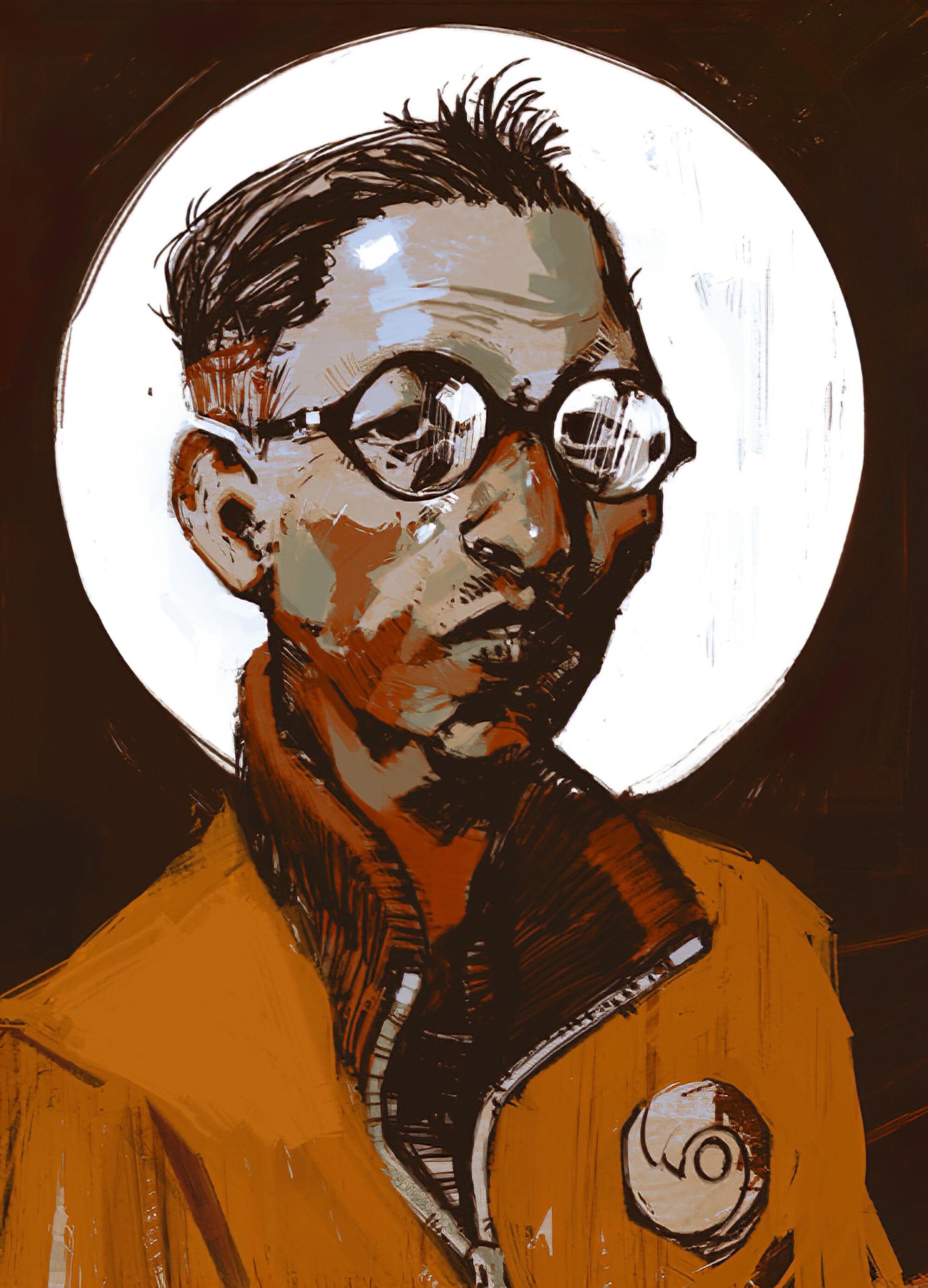- Why does China, a socialist country, have mega corporations like Tencent and Bytedance? Are they collectively owned by syndicates or unions? If this is a transitionary phase to socialism, can we trust China to actually enforce Socialism after this stage ends?
- Child Labor in factories: Myth or Fact? I have a Chinese friend who said he personally never worked as a child in China, but obviously if this was true not every single kid would have worked in a factory.
- Surveillance and Social Credit: are these myths, or are they true? Why would China go so far to implement these systems, surely it’d be far too costly and burdensome for whatever they’d gain from that.
- Uighur Muslim genocide: Is this true?
Thank you to anyone who answers, and if you do please cite sources so I can look further into China. I really appreciate it.
edit: I was going to ask about Tiananmen Square, but as it turns out that literally just didn’t happen. https://www.telegraph.co.uk/news/worldnews/wikileaks/8555142/Wikileaks-no-bloodshed-inside-Tiananmen-Square-cables-claim.html
https://leohezhao.medium.com/notes-for-30th-anniversary-of-tiananmen-incident-f098ef6efbc2
https://www.cbsnews.com/news/there-was-no-tiananmen-square-massacre/


The Vogel biography is well worth reading imo, although it’s important to bear in mind that’s it’s very much not impartial, as Vogel is a liberal who sees Deng’s reforms as essentially a pragmatic move towards the intrinsic pragmatic wisdom of capitalism and liberalism, which is a great simplification.
To say that China had greatly developed is not to say that there was not poverty, or that it didn’t have a great way to go. But it is important to note the fact that an industrial revolution did take place during the Maoist period, and that the rate of this industrial development compares favorably to cases as dramatic as those of German and Japan in the 19th century. It is also important to recognise the massive achievements in terms of education, literacy, scientific and technological development, healthcare, life expectancy, and the elimination or radical reduction in the level of disease. Recall that China was an economically and exhausted ruined country with a life expectancy of 30 and low levels of literacy in 1949 (which is not actually that long ago, everything considered). They did receive important aid from the Soviets, but this was limited and not for an immense length of time. They also achieved this without engaging in imperialism.
Take a look at my other post in this thread where I mention Sen and several international health and development orgs on Maoist China’s achievements.